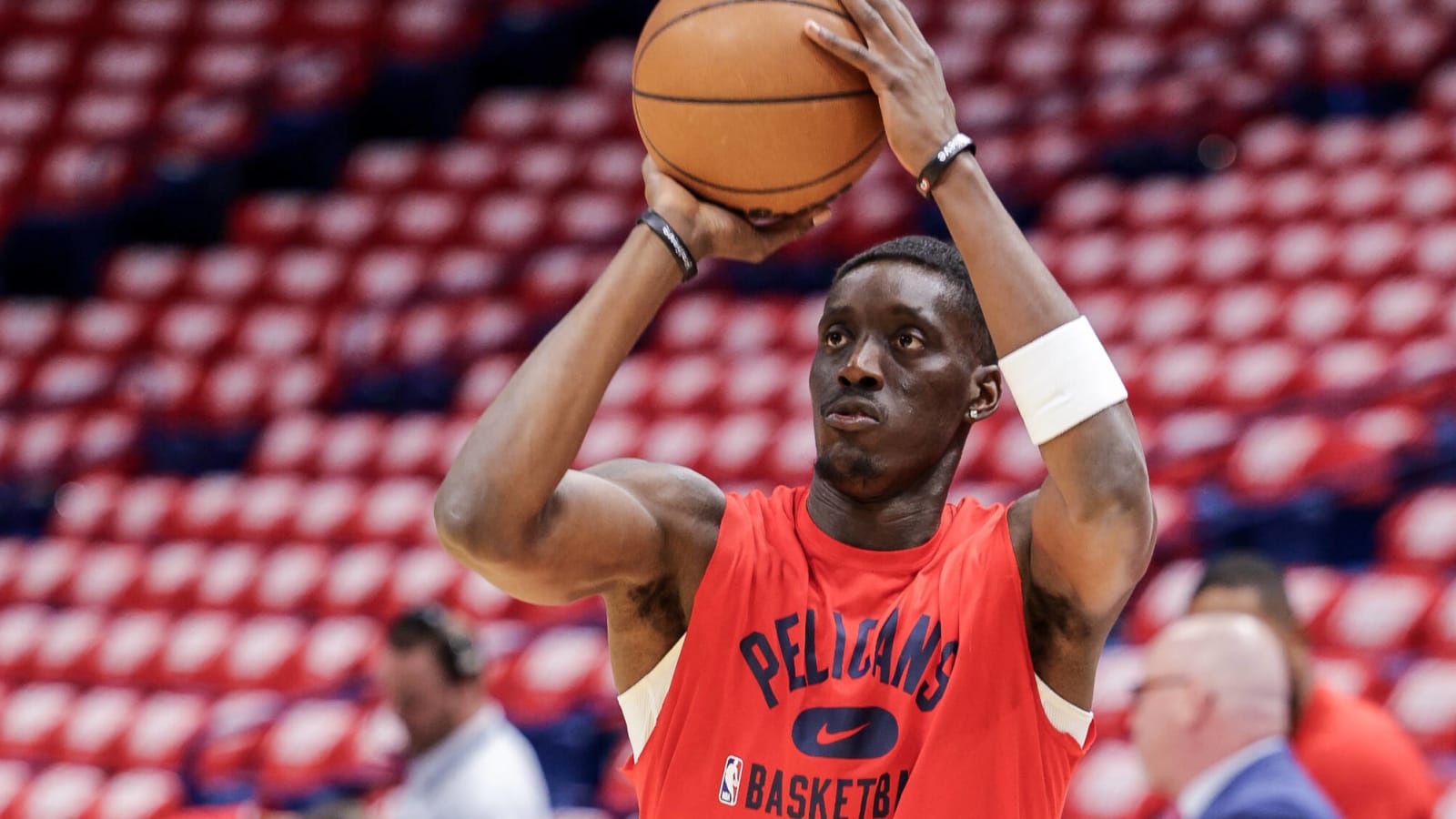
Tony Snell's quest to secure a 10th year of service in the NBA, crucial for eligibility in the players association's premium health benefits program, faced challenges as the February 2nd deadline passed without a contract offer from any NBA team.
Despite some teams expressing willingness to sign Snell to a 10-day contract, none were prepared to extend an offer for the rest of the season. The stringent requirements set by the collective bargaining agreement necessitate players to be on an NBA roster for the remainder of the season by the specified deadline or have played 50% of the season's games to qualify for retiree benefits.
The urgency stemmed from Snell's desire to accumulate a 10th year of service for the players association's retiree benefits program. This additional season would make him eligible for the union's premium medical plan, covering his entire family, including his two sons diagnosed with autism spectrum disorder.
Despite pleas from figures like Charles Barkley, Aaron Gordon, and Drew Gooden advocating for Snell's cause, the complex situation presented challenges for teams. Some may have been hesitant to sign Snell due to concerns about limiting flexibility for potential deals before the trade deadline.
Snell, expressing a broader purpose beyond his personal career, emphasized the importance of his return to his family. While the February deadline passed without a resolution, the fact that some teams were open to a 10-day contract suggests a potential avenue for Snell's return in the future. The increased visibility of his situation may prompt teams to consider the necessary accommodations to allow Snell to fulfill the requirements for his 10th NBA season.
The NBA Teams Made A Business Decision In The End
The decision by NBA teams not to offer Tony Snell a contract for the rest of the season can be seen as a pragmatic business move driven by financial considerations. Snell, having accumulated nine years of experience in the league, would be eligible for a minimum contract of $2,905,861 until the end of the current season. This figure poses a significant financial commitment for many teams, especially with the NBA's strict luxury cap rules.
Of the 30 NBA teams, 10 find themselves in the luxury tax bracket, making it financially unfeasible for them to entertain the idea of offering Snell a contract. Among the remaining 20 teams, 16 are either contenders or playoff hopefuls, likely reluctant to allocate resources to a player like Snell, who, at 32, doesn't offer substantial playing minutes at the NBA level and would likely serve as a benchwarmer with numerous DNPs (Did Not Play).
The four remaining teams could theoretically offer Snell a contract, but they might be strategically saving cap space for future opportunities, possibly in the next season. The reluctance to sign Snell for the remainder of the current season is, therefore, a calculated business decision influenced by financial considerations, team priorities, and the limited playing role Snell is likely to fill.
In the hypothetical scenario of a 10-day contract, several NBA teams might have been more inclined to sign Snell due to the reduced financial commitment and the potential short-term boost he could provide. The business-oriented decision not to offer Snell a contract for the rest of the season leaves the door open for potential opportunities in the future, possibly in the next NBA season.
More must-reads:
- Bucks' playoff hopes take another blow with devastating Damian Lillard update
- Bradley Beal is adamant about one thing after Suns fall behind 3-0
- The 'Most points in a playoff game by team' quiz
Breaking News
Customize Your Newsletter
 +
+
Get the latest news and rumors, customized to your favorite sports and teams. Emailed daily. Always free!

